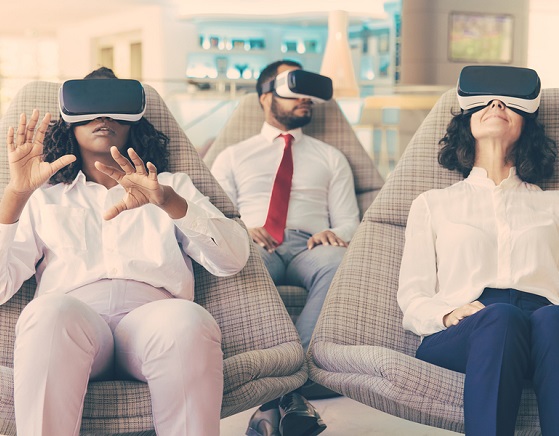Collective Experience: Try Changing Your Point of View.

{source}
Our Tower of Babel is crumbling to the ground. The pile of rubble is beginning to accumulate.
Are you holding onto an increasingly smaller portion of concrete and steel? Are you finding less space to grip, with more hands per square inch?
The foundation isn’t sound, and earthquakes are expected. The person who wins the race to the top of the tower will still fall when the tower goes down.
I don’t know how to repair the tower, or even if it is necessary or useful. Although, it seems pretty clear that we are all affected by its integrity, or lack thereof. I don’t exactly know what the tower symbolizes. Although, it feels like we are in the midst of a global restructuring. It’s easy to feel fearful and protective when the world feels chaotic.
We each have a unique experience, but it is increasingly clear to me that our collective experience is greatly influenced by everyone’s unique experience, and vice versa.
I remember when I first heard Ken Wilber, in his Superhuman Operating System course, describing development in terms of evolving points of view, I paused the recording to really let that sink in. So, I can expand my perception by moving through the points of view — first, second, and third?
Let’s try it.
When we use a first-person point of view, we describe events in terms of I, and me, telling the story through the storyteller’s eyes.
For example, I woke up with a headache, because I drank too much last night.
If I’m going to describe my hangover from a second-person perspective, I will use you, instead of I, and describe the experience through the reader’s eyes.
For example, with the way you’re massaging your temples, you probably shouldn’t have suggested that last shot of tequila.
In third person, we can see from the eyes of the all-knowing. The hangover experience can then involve anything, because third-person knows everything. Third-person even knows the past, and all the emotions and thoughts of everyone. Sounds powerful, but what if that power initiates empathy?
For example, after watching too much news, Christy video-called her cousin, who knew that a few virtual drinks couldn’t replace a long, tight hug.
Here are some prompts you might find useful while playing with points of view:
1st Person: How do you feel as one whole being? Is there a fear of losing something you’ve attained? Do you want to keep a certain identity? Do you want to discover your authentic self?
2nd Person: Are you projecting? Do you want validation and empathy? Is it so good that you want someone you care about to experience it too?
3rd Person: How many different perceptions can you include? How do others’ feelings and the past impact the experience for all involved? Is there a limit to how many are affected?
It’s tricky, telling our story to ourselves. We were there, we know what happened, but are we hyper-focused on keeping a certain feeling. I feel the need to cross-check myself. In doing so, I hope I learn something, and make decisions that I’m actually proud of.


